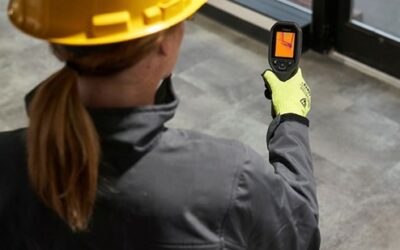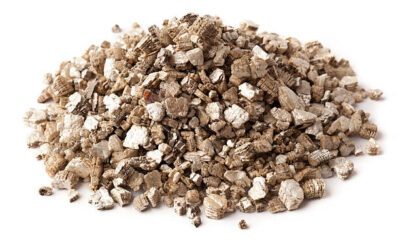Unlocking Energy Savings: Understanding Mass Save
People are talking about Mass Save here in Massachusetts, but what exactly is Mass Save, and how does it work? We’ll delve into the details of Mass Save, addressing frequently asked questions to help you better understand this program and its benefits.
How does Mass Save work?
Mass Save is a statewide energy efficiency program in Massachusetts that aims to help residents and businesses save on their energy bills while reducing their environmental impact. The program is sponsored by Massachusetts’ natural gas and electric utilities, as well as the Department of Energy Resources. Mass Save offers a wide range of services and incentives to help consumers make energy-efficient upgrades to their homes or businesses, including free energy assessments, rebates on energy-efficient products, and incentives for home improvements such as insulation and heating systems.
Is Mass Save really free?
Yes, Mass Save offers free energy assessments to eligible residents and businesses. During an energy assessment, a trained energy specialist will visit your home or business and conduct a thorough evaluation to identify areas where energy savings can be achieved. The assessment includes a comprehensive review of your home’s insulation, heating and cooling systems, appliances, and lighting. Based on the assessment, the energy specialist will provide recommendations for energy-efficient upgrades and explain the available incentives and rebates. While there may be costs associated with implementing the recommended upgrades, the energy assessment itself is provided at no cost to eligible participants. Not only are many of the solutions from Mass Saves free, but conducting a free energy assessment and following through with the recommendations will make you eligible for a Mass Save HEAT Loan as well. The HEAT Loan is an amazing product because it enables homeowners to get 0% interest loans for eligible home upgrades.
Is Mass Save a good program?
Yes, Mass Save is widely regarded as a good program for promoting energy efficiency and reducing greenhouse gas emissions. The program has been in place for over forty years and has helped thousands of Massachusetts residents and businesses save on their energy bills while reducing their carbon footprint. Mass Save offers a variety of incentives and rebates that can significantly offset the costs of energy-efficient upgrades, making it financially attractive for consumers to invest in energy-saving measures. Additionally, by reducing energy consumption, Mass Save helps to lower the demand for fossil fuels and decrease greenhouse gas emissions, contributing to a cleaner and more sustainable environment.
How does the Mass Save rebate work?
Mass Save offers rebates on a wide range of energy-efficient products, including heating and cooling systems, appliances, insulation, and lighting. The rebates are designed to offset the upfront costs of purchasing and installing energy-efficient products, making them more affordable for consumers. To receive a rebate, you must purchase a qualifying energy-efficient product from a participating retailer or contractor and submit a rebate application along with proof of purchase. Once your application is approved, you will receive a rebate check in the mail. The rebate amount varies depending on the type of product and its energy efficiency rating.
Who pays for the Mass Save program?
Mass Save is funded through a small charge on Massachusetts residents’ and businesses’ utility bills. This charge is known as the “energy efficiency charge” or the “system benefits charge” and is collected by the state’s natural gas and electric utilities. The funds collected are used to support the various energy-saving programs and incentives offered by Mass Save, including free energy assessments, rebates, and incentives for energy-efficient upgrades. The goal is to promote energy efficiency and reduce overall energy consumption in the state.
How long is a Mass Save assessment?
A Mass Save energy assessment typically takes about 1-2 hours to complete, depending on the size and complexity of the building being assessed. During the assessment, the energy specialist will conduct a thorough review of your building’s energy usage, insulation, heating and cooling systems, appliances, and lighting. They may also use specialized equipment such as infrared cameras to identify areas of energy loss. After the assessment, the energy specialist will provide you with a report detailing their findings.




